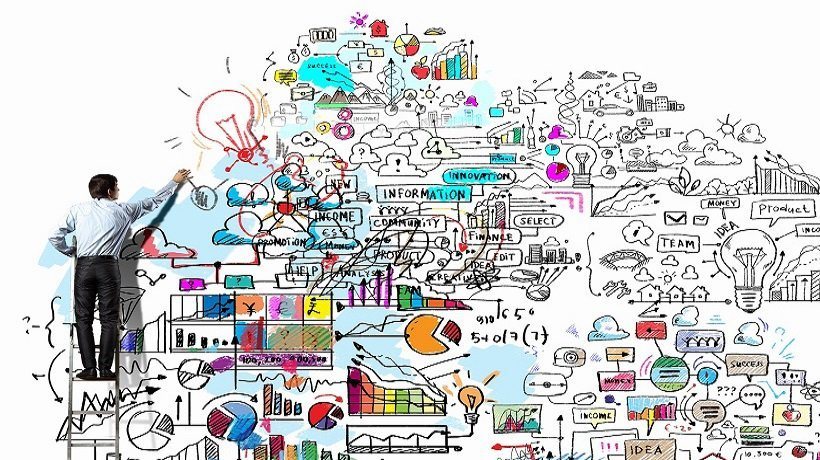As teachers, we know the importance of sharing our experiences. Some of us have a blog - such as myself; some of us have a YouTube channer - many brave teachers like to record videos, which I myself don't; some of us belong to a Facebook Group related to teaching - if you are an English Language Teacher like me, I strongly recommend joining BRELT; some of us follow other teachers on Twitter, and in all of these cases we SHARE.
We describe our lessons, ideas, proud moments, doubts, frustrations, great and not-so great moments. We expose it all out there, with our community. And these spaces are also great for us to read about lessons, ideas, moments from each other; we can learn from other teachers.
But the thing is, are we really learning?
I came to doubt the efficiency of our sharing practice a few months ago. I was attending a conference where the plenary speaker was talking about the importance of developing 21st Century Skills in our classroom, by getting students to collaborate and learn from each other, communicate and think critically in a problem-solving environment, as opposed to a teacher-centered classroom with students sitting down making notes and nodding only.
I couldn't agree more; in fact, I know this shift to learner experience is a reality in most classrooms today. And that is thanks to us, teachers.
This kept bugging me. How could we change that? So I decided to ask around: I posted on all of my social media groups: "what is the best way for a teacher to learn with each other?"
Much to my surprise, I got the same answer over and over again: traditional, academic, formal certifications. "How about our everyday life hacks, how can we learn about them?" Traditional, academic, formal certifications. There was no other way. Only an expensive certification would teach you how to become a better teacher. That made no sense for me! I know the importance of formal education in our profession; I, myself, have a couple of certifications which I am very proud of. But to say that we learn exclusively just from having these certifications, that was not right!
Ok, after this very disappointing diagnosis, I decided to make a little project of my own: I would prove that we can learn from each other, and that sharing is much more than just posting on a social media.
I contacted Raquel Ribeiro, a teacher I met at Amplifica, about her newest lesson plan: using VR with students to redefine our teaching objectives. I used her idea, I recorded it all and contacted her, explaining to her what went well in my lesson and what didn't. I showed her how her sharing had affected my teaching, and by giving her a feedback, she learned about the real dimensions of her work. It was incredibly simple, yet highly effective: she was very pleased that I could understand perfectly her idea, and I was mesmerized that my feedback could make her learn from what she had shared.
It became clear to me: in order for you to learn from your experiences, you need to share and get something back. Sharing needed to circulate, like a boomerang. You need a new perspective about what you do, so you can learn about yourself. Like a mirrored reflection.
I went on to my second experiment: this time I got the idea of MakerSpace from Clarissa Bezerra, and adapted her idea to use in my classroom. And shared the results with her. Not only did she compliment me on using her idea, she also shared my post to her readers on how I used her idea. There, ideas circulating. Circular sharing. Mission accomplished!
Or better yet, mission only starting...
This was how the embryo of my Google Innovator project came to life. I felt the need to show teachers to stop being such hypocrites telling students the importance of our so-called 21st Century skills, but not using them, nor trying to develop them in themselves. I also felt the need to learn more from my social media groups, where teachers only preach that we "must get certifications", and if that is not possible for you, oh well.
I found a humongous gap in our educational system there. And I hoped to fill that gap with my project.
So, next time you share something, ask your readers for a feedback. Ask yourselves how you can circulate your idea, so that you know you will get more from it, as will other teachers.
Design your teacher experience.



Nenhum comentário:
Postar um comentário
Comente, compartilhe suas ideias, reclame, bote pra fora!